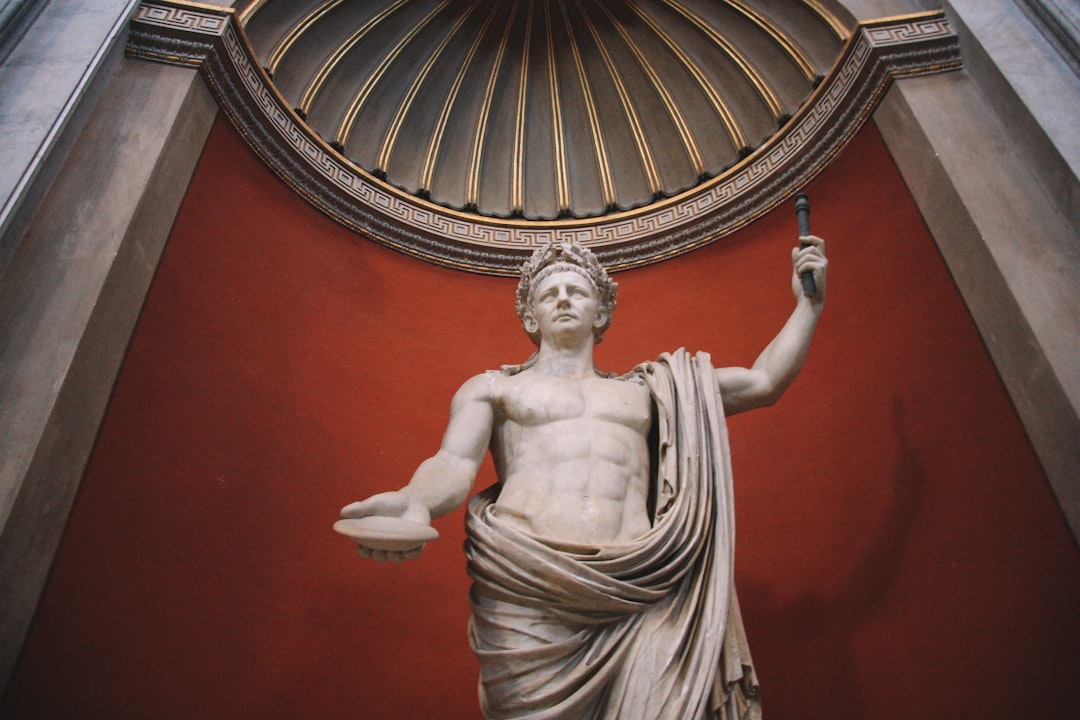I’ve been reading through William H. Willimon’s Acts commentary (Interpretation; Atlanta, GA: John Knox, 1988), and really enjoyed his section on Acts and the Roman Empire. Willimon was on the money with these words:
Luke’s church was not trying to be credible to the Empire or to assure Caesar of its apolitical status. It sought to create an alternative political entity, which became a monkey wrench thrown into the clanking machinery of Caesar’s systems. Christianity defeated the Empire, in great part, because it out organized the Empire. The church gave the decaying classical world a vibrant, tightly knit, exclusivist organizational alternative to other secular arrangements. Theophilus’ church appreciated not only God’s involvement in the world through the Spirit but also God’s apartness from even the Empire’s best cultural achievements. The Didache, our oldest catechism, prepared candidates like Cornelius for baptism by instruction them that they would not kill, would not have sex with other people’s spouses, would not abuse young children, would not abort fetuses. In doing so the church put itself on a collision course with some of the Roman world’s most widely accepted practices. But our current North American church – as well as some churches in the midst of revolution in Third World countries – so want to be recognized as culturally significant (as Caesar defines significance), so want to have the power to change and improve society without converting and evangelizing it, that we gladly adapt the foolishness of the gospel to the world’s standards of wisdom and reduce our social witness to the back-seat status of a general civilizing influence on the empire rather than form a new kingdom loyal to a King who is not Caesar. … Acts, far from being a humble appeal to Caesar for a little recognition and respect, is a revolutionary manifesto addressed to a church determined to show Caesar that God, not the nations, rules the world (pp. 121-22).




Very well said!!
Excellent.